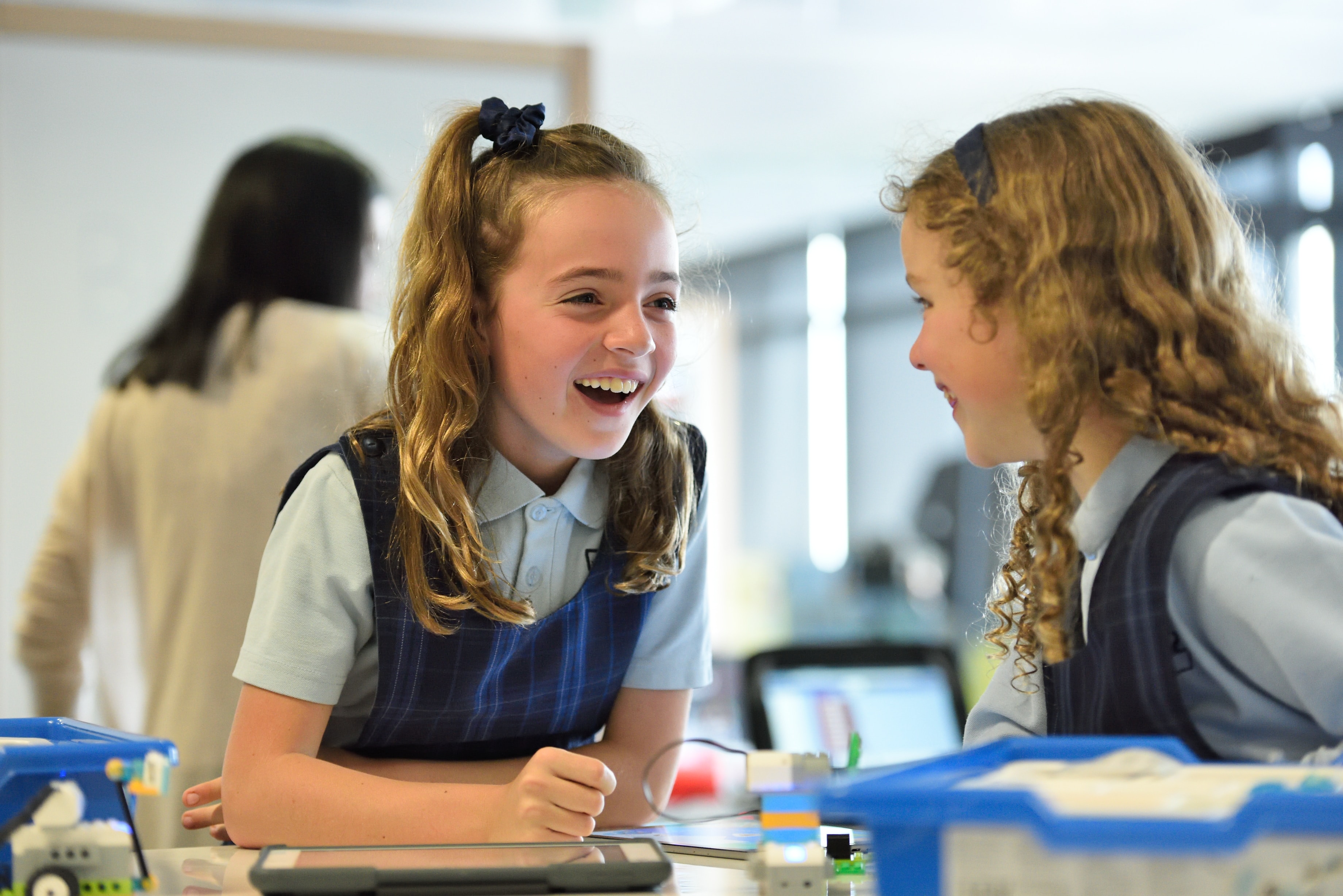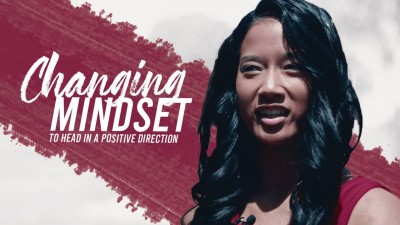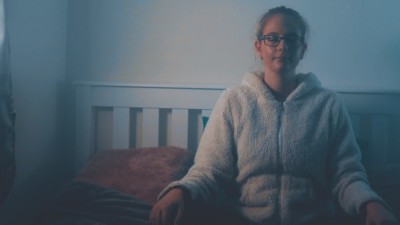Clara was always a happy little girl. As a baby, she would smile, laugh and coo to anyone within earshot. She quickly learned to crawl and walk to follow her big sister around. And, she excelled in her ballet classes, playground manners and in stealing everyone’s hearts.
It wasn’t until the third term of kindy that Clara’s teacher told her parents that Clara was struggling in her academic work. Clara’s behaviour was starting to slip and her parents could attest to this, too. Clara would come home from school more frustrated than normal and had started to pick on her little brother.
By year one, Clara was refusing to go to school. She told her parents that kids were mean to her and that the teachers thought she was stupid. Her teachers suggested Clara get tested for learning disabilities as she was below average in reading and writing. She would often be found daydreaming or repeatedly going to the toilet when she was supposed to be finishing her maths.
Clara would tell her parents school was too hard, she didn’t like sitting still all the time and she never understood how to do her work because they moved too quickly through each subject. As anyone can imagine, Clara’s parents were distressed at witnessing Clara go from sweet and fun-loving to frustrated and unconfident.
In year two, Clara went through testing at her public school and the results showed that she didn’t have a learning disability. She just barely missed the mark for getting any assistance from the school. Clara’s parents started her with a counsellor with hopes that he could help her navigate her strong emotions in the classroom. After a few sessions, the counsellor was convinced that Clara was still the amazing human her parents knew her to be. She was just exhibiting signs of being a slow learner.
But, he also acknowledged that it was greatly affecting Clara’s social-emotional stability and academics. He explained the contributing factors to being a slow learner often involve poverty, parental disharmony, extreme school absences and/or family inadequacy. In some cases, however, it was a result of the educational environment and its lack of compatibility with the child’s learning needs. This was most likely the culprit as the other factors were non-existent in Clara’s family.
The other possibility, he said, was more or less genetic. After deeper contemplation, they found there was a scattered history of slow learners on Clara’s mother’s side of the family. They learned the mother’s uncle had a difficult time in school until he was switched to an environment that was more child-led. She recalled that he once talked about how his new school changed his perspective on learning because he was allowed to work at his own pace and he wasn’t graded into the “slow group” like he was in a traditional school.
The counsellor recommended looking into a local Montessori school, whose reputation was for all types of learners, with the belief that children learn best by doing. He warned these types of self-directed environments weren’t for every child, but it may be more compatible with Clara’s temperament and need for a slower pace.
Clara's parents made an appointment to take a tour of the school. The environment was completely different from anything they had ever seen. Children were moving about the classroom freely, choosing materials off of shelves and arranging them on personal rugs on the floor. Some children worked together in very small groups, solving problems without a teacher. Some children worked by themselves completely independent.
There were also different ages in the classroom. Since this was a lower primary classroom, Clara was witnessing years one, two and three working together in the same environment. Sometimes the ages mingled in the same lessons, while others worked alone or with children of the same age.
The teacher was in a lesson with a child who was matching wooden letters to miniature, life-like objects. Every time the child matched the correct letter to the object, the child would say the letter and write it down inside of a sentence on a strip of paper. The child looked proud of himself, and the teacher finally left him to do the rest of the work alone.
When the teacher came over to guide them around the classroom, she was very soft-spoken and spoke to Clara a lot more than her parents. At the end of the tour, Clara and her parents were convinced that this was the right place for her.
Clara started at the Montessori school soon after and almost immediately began to excel in her confidence and knowledge. Because she was working at her own pace, Clara wasn’t forced into learning something her brain was not ready for. Clara wasn’t labelled a slow learner and she was able to work alongside children of different ages. Some of the children in year three were at her same level as maths and a couple of girls younger than Clara helped her with reading.
Clara also found that she was productively speeding through the science materials more quickly than anything else. In fact, her teacher remarked that she was a “budding naturalist.”
Clara's next few years turned into an enrichingly positive experience for her because she could work at her own pace. For children like Clara, a different approach to learning was all she needed to become a happy, productive human.





















